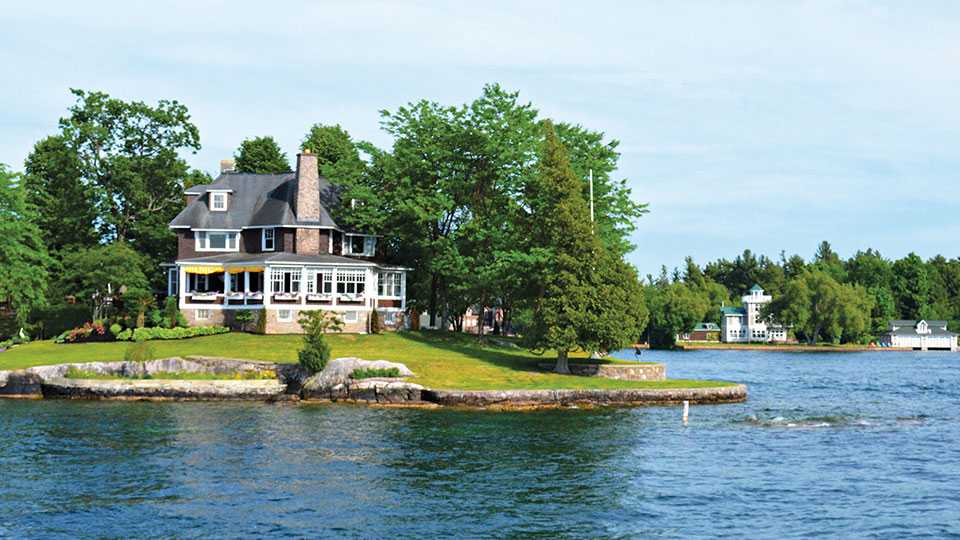Summer has come, and many people head for the lake, greenery and beauty of nature. We’re either buying a cottage, opening a cottage we already own or just enjoying our time there. As you sit on the dock and watch the children and grandchildren play, with the sounds of summer cascading around you, your mind drifts and you begin to consider the fact there are separate families within your family unit. There are different needs and wants, in-laws to consider, and so on. How best to plan for the future and avoid any disagreements down the line?
A few options are available.
You could do an estate freeze and lock the cottage capital gain in place at this time, by rolling the cottage into a corporation and working out a way to reduce the tax payable through share redemption over time, and have the kids subscribe for the common shares. This approach would, first, protect against tax payable on death, and second, pass future increases in value onto the children. A shareholders’ agreement will operate to ensure peaceful operation as best you can.
Next, a family trust with specific terms could set out what is required to be done. Such an agreement should be considered where a person is purchasing a cottage later in life. The trust could buy the property, and Mom, Dad, the kids and grandchildren could use it. Just before the expiry of 21 years, the cottage could be transferred to the kids or the grandchildren. From the time Mom and Dad acquired it, until it is sold, tax would be payable on the increase of the value of the property.
Lastly, but by no means least, you could establish a limited partnership. This will work where the cottage is either big enough for a number of bunkies, or more than one building, or where everyone is allocated time to use the property or portions thereof. This operates sort of like a timeshare or condo, as there is a company you own, which is the operator of the property, and limited partners own units in the partnership. Each limited partner would be given exclusive use of buildings or weeks on the property. The General Partner Corporation would operate the property, effecting repairs and maintenance and so on. Rules could be put in place to deal with rotational use and annual costs.
Each of these methods needs a lawyer who can think outside the box, understands real estate, tax and succession planning, and is able to apply their skills to formulate the perfect solution for your family.
One of the big issues, of course, is exit strategies, which we will discuss in the next issue. In the meantime, sit back and enjoy that fabulous Canadian summer.
Also seen on NextHome.ca


